×
It looks like you're using an obsolete version of internet explorer. Internet explorer is no longer supported by Microsoft since the end of 2015. We invite you to use a newer browser such as Firefox, Google Chrome or Microsoft Edge.

Become an Incathlab member and receive full access to its content!
You must be an Incathlab member to access videos without any restrictions. Register for free in one minute and access all services provided by Incathlab.You will also be able to log into Incathlab from your Facebook or twitter account by clicking on login on the top-right corner of Incathlab website.
Registration Login
Registration Login
This didactic procedure concerns a 81 years old man presenting with symptomatic severe calcified and ulcerated left carotid on echography. Angiography revealed a long-ulcerated stenosis at the origin of the left internal carotid artery.
Educational objectives
- Plan a step-by-step carotid artery stenting procedure.
- How to manage access through tortuous anatomy?
- How to proceed to a safe and successful catheterization of the left carotid artery?
- Materials choice: guidewires, filter, guiding catheter, balloons and stent.
- How to prepare, advance the embolic protection system: FilterWire EZ™ through the lesion and release the filter upstream the lesion?
- Tips and tricks for a good positioning and implantation of the Micromesh Roadsaver® stent
- How to safely retrieve the embolic protection system: FilterWire EZ™?
- What are adjunctive per procedural pharmacotherapies?
Step-by-step procedure: Left internal carotid artery stenting
1) Access sites:
- Femoral access: Echo guided 8 French access using micro puncture system.
- Heparin administration.
2) Left common carotid artery catheterization: coaxial technique
- Continuous purging of the guiding catheter while introducing guidewire, embolic protection device, balloons or stent.
- Advance an 8 Fr Hockey Stick guiding catheter to the aortic arch on a 0.035’’ GLIDEWIRE ADVANTAGE® Guidewire.
- Gentle Catheterization of the ostium of the left common carotid artery.
- Advance the 0.035” ADVANTAGE® Guidewire to the external carotid artery.
- Advance a Beacon® Tip 5.0 Fr catheter on the 0.035” ADVANTAGE® Guidewire.
- Exchange to a 0.035” Amplatz Super Stiff™ Guidewire to provide enough support to the Hockey stick 8 Fr guiding catheter to navigate through tortuosity using the coaxial system.
- Advance the guiding catheter to the distal part of the common carotid artery with the tip oriented towards the internal carotid ostium.
3) Preparation and deployment of embolic protection system: FilterWire EZ™:
- Preparation of the filter with a special attention to avoid air bubbles.
- Preform the wire tip shape according to the lesion morphology.
- Careful and gentle crossing of the lesion avoiding plaque destabilization.
- Release the filter in a vertical segment of the internal carotid distally to the lesion: be sure to have enough space for stent distal landing zone.
- Verify the good position and the opening of the filter under fluoroscopy.
4) Pre-dilatation
- Atropine administration
- Good balloon preparation: avoid air bubbles to avoid cerebral air embolism in case of balloon rupture.li>
- Pre dilatation of the lesion using a 5.5*20mm Ultra-Soft™ balloon.
- Checking pre dilatation result
5) Stenting
- Select the precise spot of stent deployment
- Deployment of the Roadsaver 9*20mm stent.
- Be sure that the dual layer markers are on either side of the lesion.
6) Post-dilatation
- Post dilatation of the lesion using a 6*20mm Ultra-Soft™ balloon.
- Checking post dilatation result.
7) Retrievement of embolic protection system: FilterWire EZ™:
- Check the filter content and the quality of the flow.
- Remove the filter.
- Verify if there is any dissection or spasm.
8) Final angiographic control: Cervical and Intra-cranial
9) Vascular femoral closure with an 8 Fr Angio-Seal™
10) Medical adjunctive treatments
- Pre-procedural: Heparin and Antibioprophylaxis.
- Post procedural: Triple therapy: Aspirin 75mg o.d. + Clopidogrel 75mg o.d. + Enoxaparin 100 UI/kg b.i.d. : 15 days.
- DUS 15 days after.
- Stop Clopidogrel and continue Aspirin 75mg b.i.d and NAOC.
Bibliography
Procedure
- Procedure time: 25 min
- Exposure time: 20,4 min
- R: 296 mgy
- Contrast volume : 120ml
Shooting date : 2020-08-27
Last update : 2023-07-11
Last update : 2023-07-11
Our Cases of the Month
The case of the month is a new way for our users to watch, learn, and share with incathlab. They can watch a video that highlights an innovative case and uses excellent pedagogical techniques, lear...
Share
Join the Discussion
Suggestions
Discover your Monthly Case
Honolulu : Sunday, September 17th 2023 from 09:07pm to 09:07pm (GMT+2)
San Francisco : Monday, September 18th 2023 from 12:07am to 12:07am (GMT+2)
New York : Monday, September 18th 2023 from 03:07am to 03:07am (GMT+2)
Buenos Aires : Monday, September 18th 2023 from 04:07am to 04:07am (GMT+2)
Reykjavik : Monday, September 18th 2023 from 07:07am to 07:07am (GMT+2)
London / Dublin : Monday, September 18th 2023 from 08:07am to 08:07am (GMT+2)
Paris / Berlin : Monday, September 18th 2023 from 09:07am to 09:07am (GMT+2)
Istanbul : Monday, September 18th 2023 from 10:07am to 10:07am (GMT+2)
Moscou / Dubaï : Monday, September 18th 2023 from 11:07am to 11:07am (GMT+2)
Bangkok : Monday, September 18th 2023 from 02:07pm to 02:07pm (GMT+2)
Shanghai : Monday, September 18th 2023 from 03:07pm to 03:07pm (GMT+2)
Tokyo : Monday, September 18th 2023 from 04:07pm to 04:07pm (GMT+2)
Sydney : Monday, September 18th 2023 from 06:07pm to 06:07pm (GMT+2)
Wellington : Monday, September 18th 2023 from 08:07pm to 08:07pm (GMT+2)
San Francisco : Monday, September 18th 2023 from 12:07am to 12:07am (GMT+2)
New York : Monday, September 18th 2023 from 03:07am to 03:07am (GMT+2)
Buenos Aires : Monday, September 18th 2023 from 04:07am to 04:07am (GMT+2)
Reykjavik : Monday, September 18th 2023 from 07:07am to 07:07am (GMT+2)
London / Dublin : Monday, September 18th 2023 from 08:07am to 08:07am (GMT+2)
Paris / Berlin : Monday, September 18th 2023 from 09:07am to 09:07am (GMT+2)
Istanbul : Monday, September 18th 2023 from 10:07am to 10:07am (GMT+2)
Moscou / Dubaï : Monday, September 18th 2023 from 11:07am to 11:07am (GMT+2)
Bangkok : Monday, September 18th 2023 from 02:07pm to 02:07pm (GMT+2)
Shanghai : Monday, September 18th 2023 from 03:07pm to 03:07pm (GMT+2)
Tokyo : Monday, September 18th 2023 from 04:07pm to 04:07pm (GMT+2)
Sydney : Monday, September 18th 2023 from 06:07pm to 06:07pm (GMT+2)
Wellington : Monday, September 18th 2023 from 08:07pm to 08:07pm (GMT+2)
Complex multivascular patient with occluded brachiocephalic trunk
Case of the month: September 2023
Share
Tuesday, April 27th 2021 from 03pm to 04pm (GMT+2)
Honolulu : Tuesday, April 27th 2021 from 03am to 04am (GMT+2)
San Francisco : Tuesday, April 27th 2021 from 06am to 07am (GMT+2)
New York : Tuesday, April 27th 2021 from 09am to 10am (GMT+2)
Buenos Aires : Tuesday, April 27th 2021 from 10am to 11am (GMT+2)
Reykjavik : Tuesday, April 27th 2021 from 01pm to 02pm (GMT+2)
London / Dublin : Tuesday, April 27th 2021 from 02pm to 03pm (GMT+2)
Paris / Berlin : Tuesday, April 27th 2021 from 03pm to 04pm (GMT+2)
Istanbul : Tuesday, April 27th 2021 from 04pm to 05pm (GMT+2)
Moscou / Dubaï : Tuesday, April 27th 2021 from 05pm to 06pm (GMT+2)
Bangkok : Tuesday, April 27th 2021 from 08pm to 09pm (GMT+2)
Shanghai : Tuesday, April 27th 2021 from 09pm to 10pm (GMT+2)
Tokyo : Tuesday, April 27th 2021 from 10pm to 11pm (GMT+2)
Sydney : Wednesday, April 28th 2021 from 12am to 01am (GMT+2)
Wellington : Wednesday, April 28th 2021 from 02am to 03am (GMT+2)
San Francisco : Tuesday, April 27th 2021 from 06am to 07am (GMT+2)
New York : Tuesday, April 27th 2021 from 09am to 10am (GMT+2)
Buenos Aires : Tuesday, April 27th 2021 from 10am to 11am (GMT+2)
Reykjavik : Tuesday, April 27th 2021 from 01pm to 02pm (GMT+2)
London / Dublin : Tuesday, April 27th 2021 from 02pm to 03pm (GMT+2)
Paris / Berlin : Tuesday, April 27th 2021 from 03pm to 04pm (GMT+2)
Istanbul : Tuesday, April 27th 2021 from 04pm to 05pm (GMT+2)
Moscou / Dubaï : Tuesday, April 27th 2021 from 05pm to 06pm (GMT+2)
Bangkok : Tuesday, April 27th 2021 from 08pm to 09pm (GMT+2)
Shanghai : Tuesday, April 27th 2021 from 09pm to 10pm (GMT+2)
Tokyo : Tuesday, April 27th 2021 from 10pm to 11pm (GMT+2)
Sydney : Wednesday, April 28th 2021 from 12am to 01am (GMT+2)
Wellington : Wednesday, April 28th 2021 from 02am to 03am (GMT+2)
Preserving Coronary Access After TAVI
Case of the month: September 2021
Share
Complex Aorto-iliac lesion: How to deal with symptomatic Abdominal Aortic calcified stenosis extendi...
Case of the month: November 2018
Share
Live case #5 from Swiss CTO Summit 2019 - Dr Avran & Dr Faurie
Case of the month: February 2020
Share

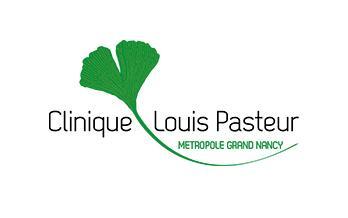
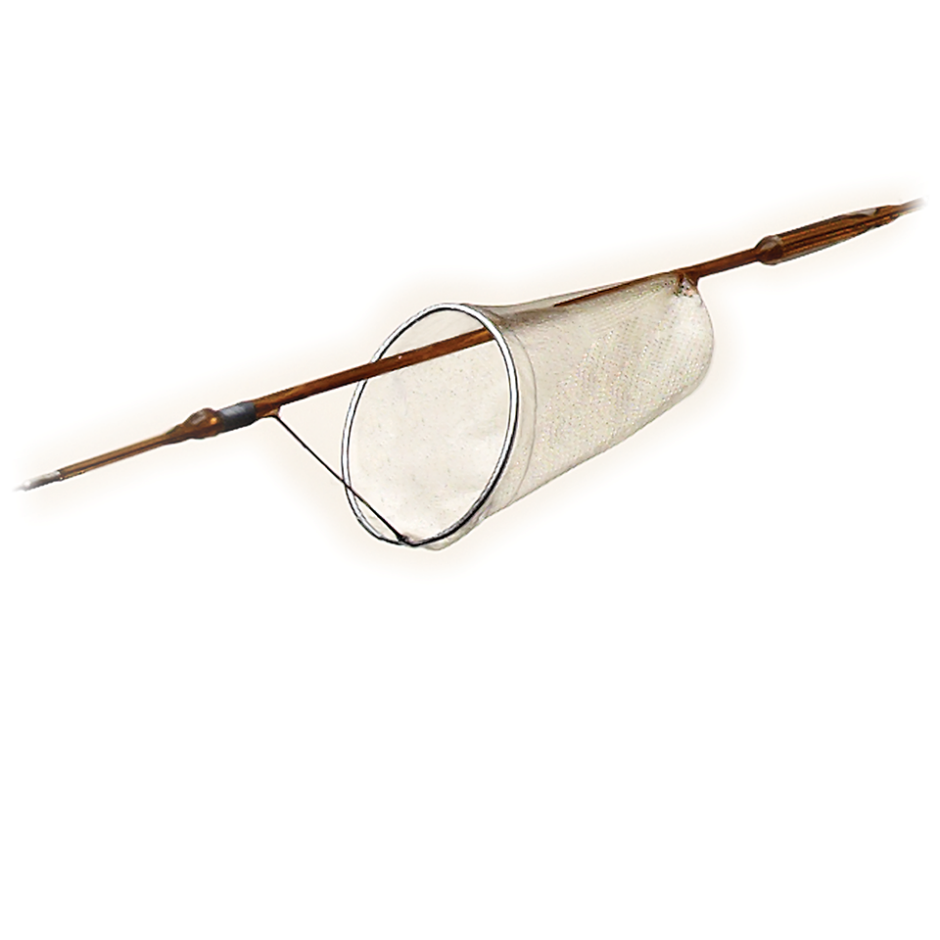
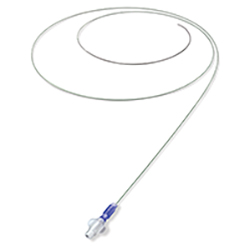
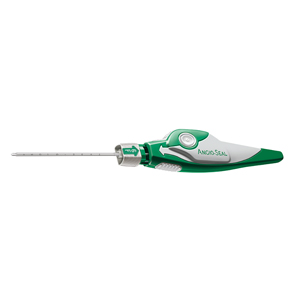
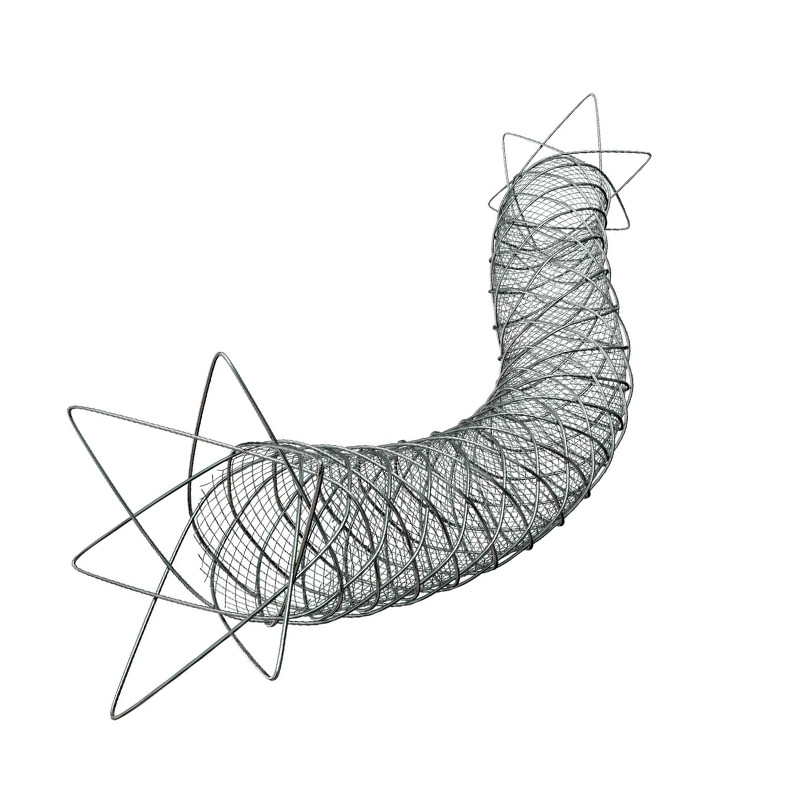
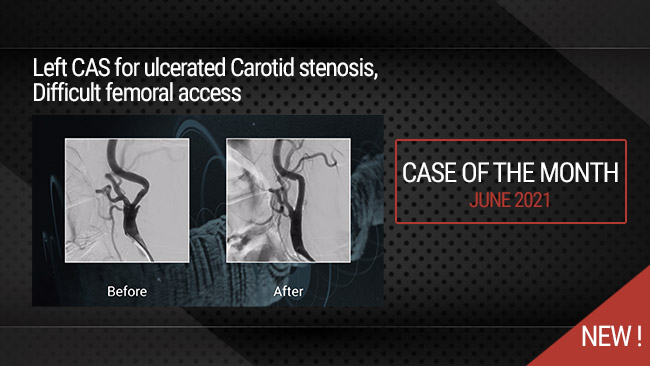

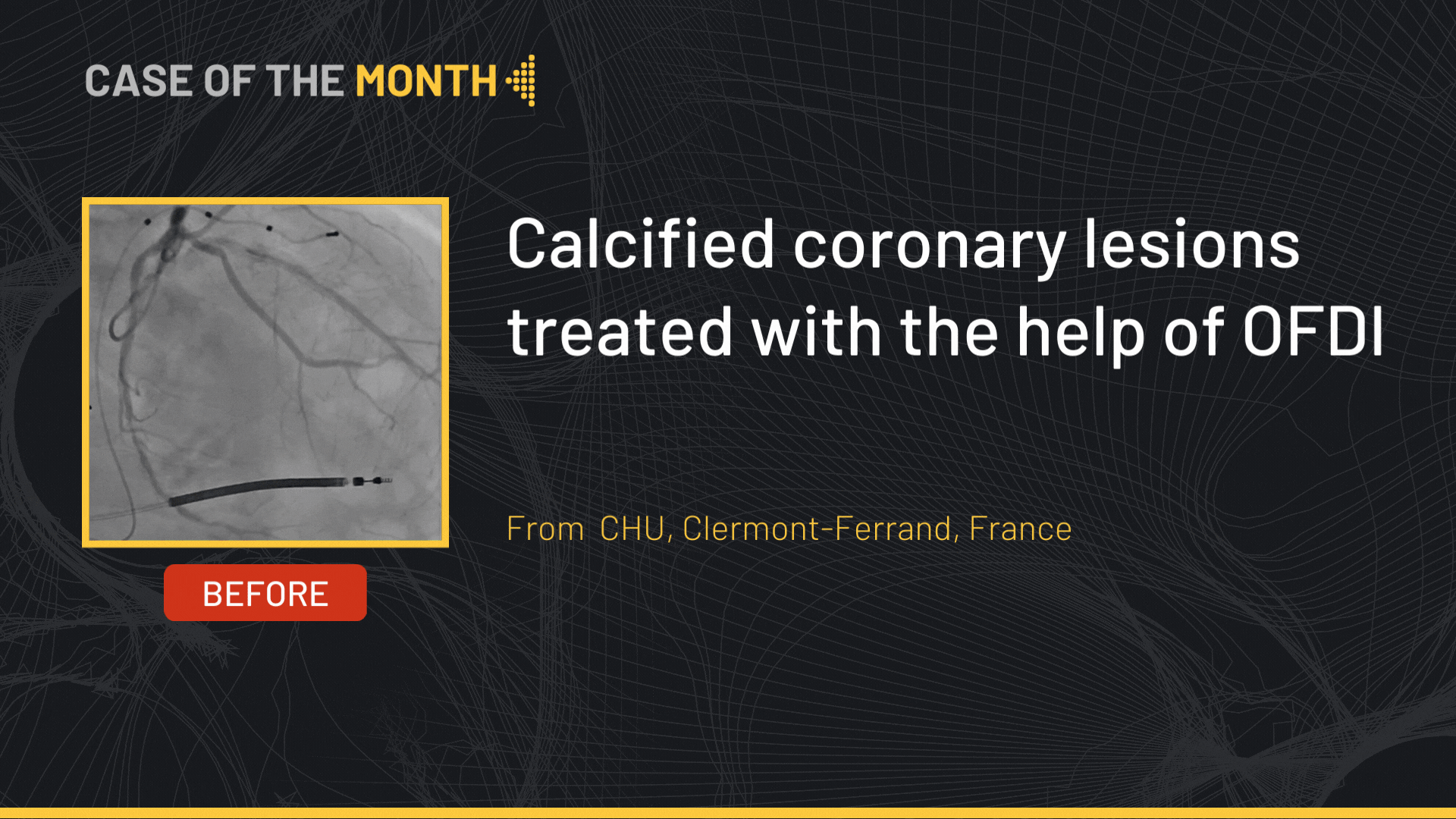
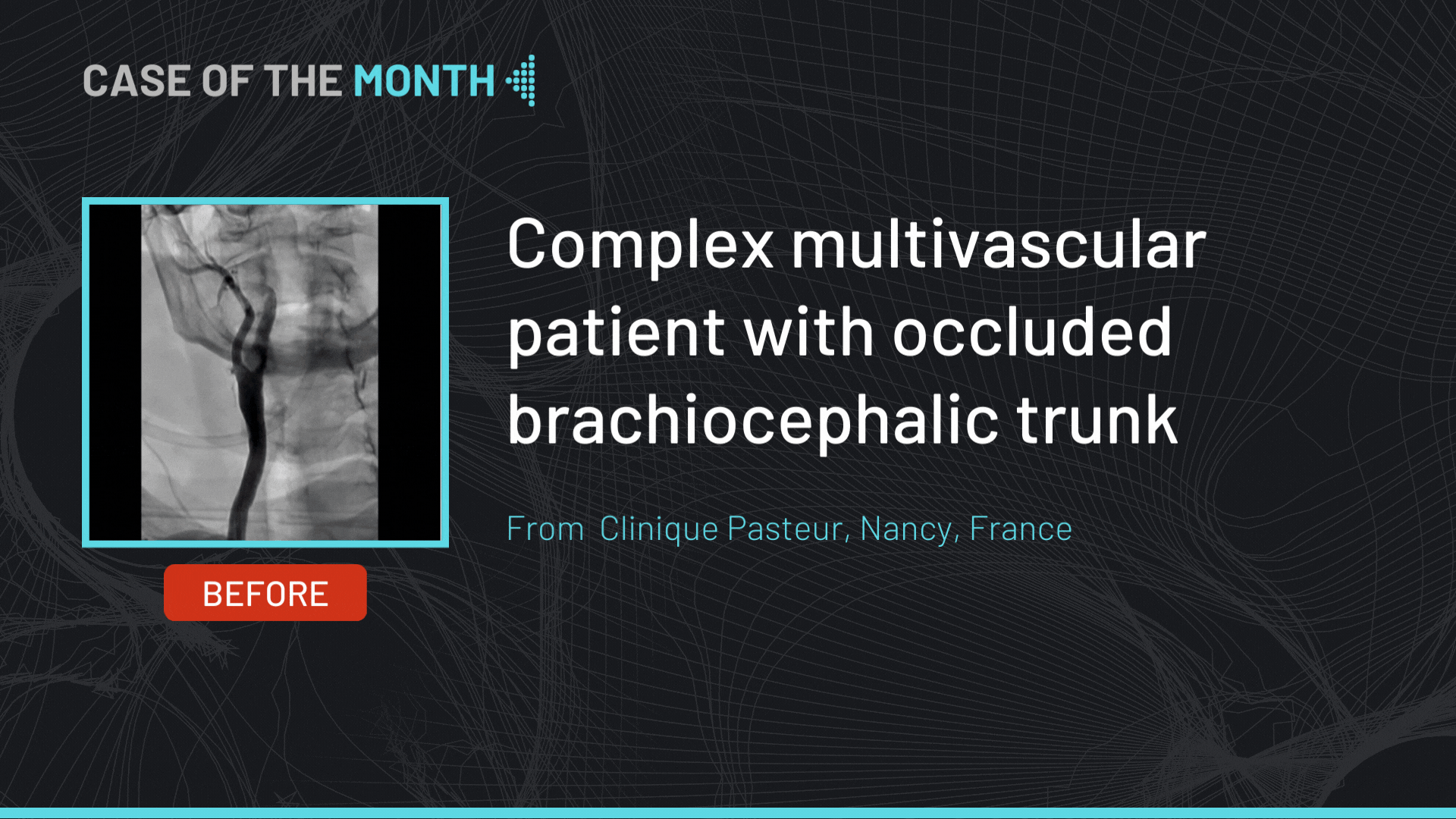
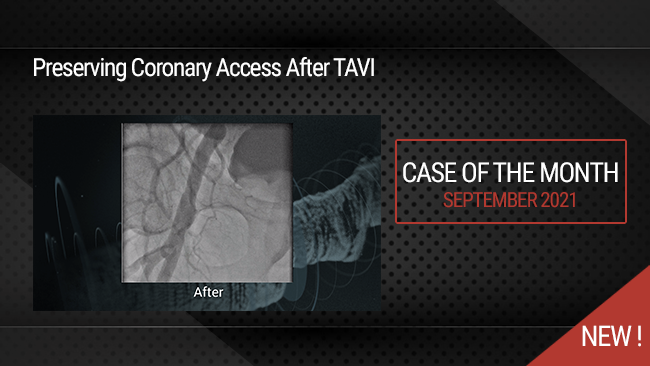

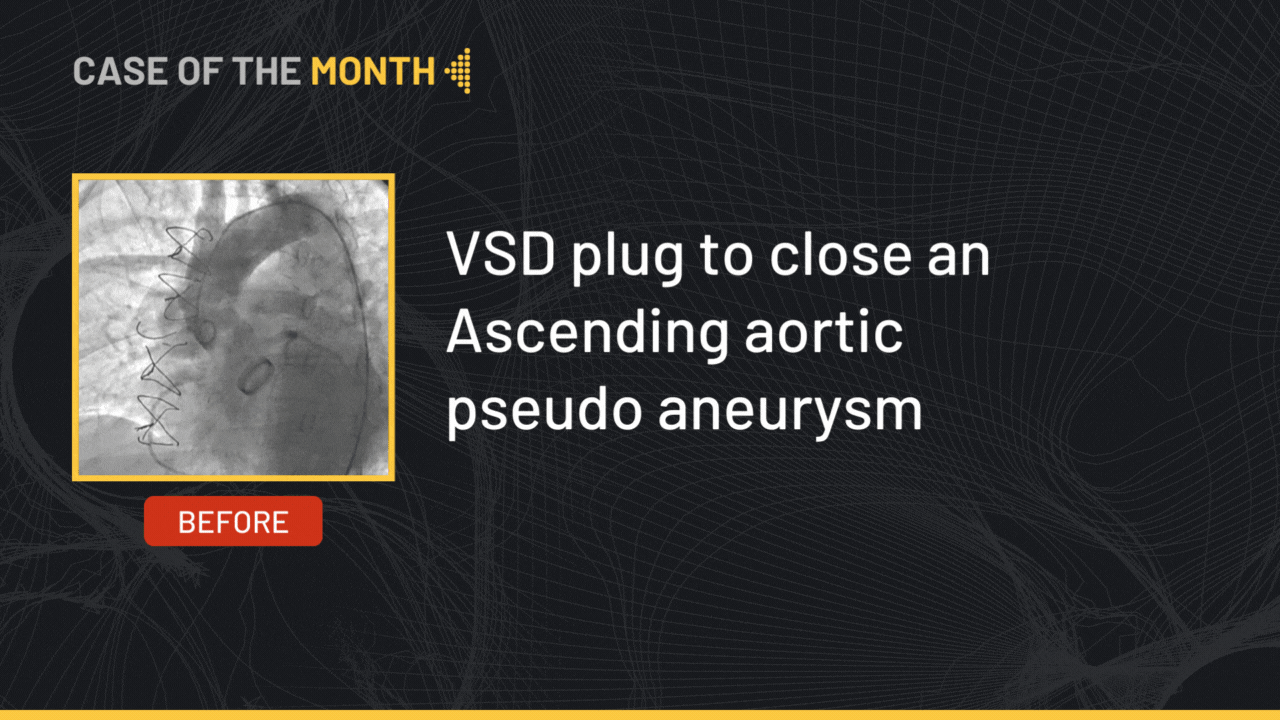
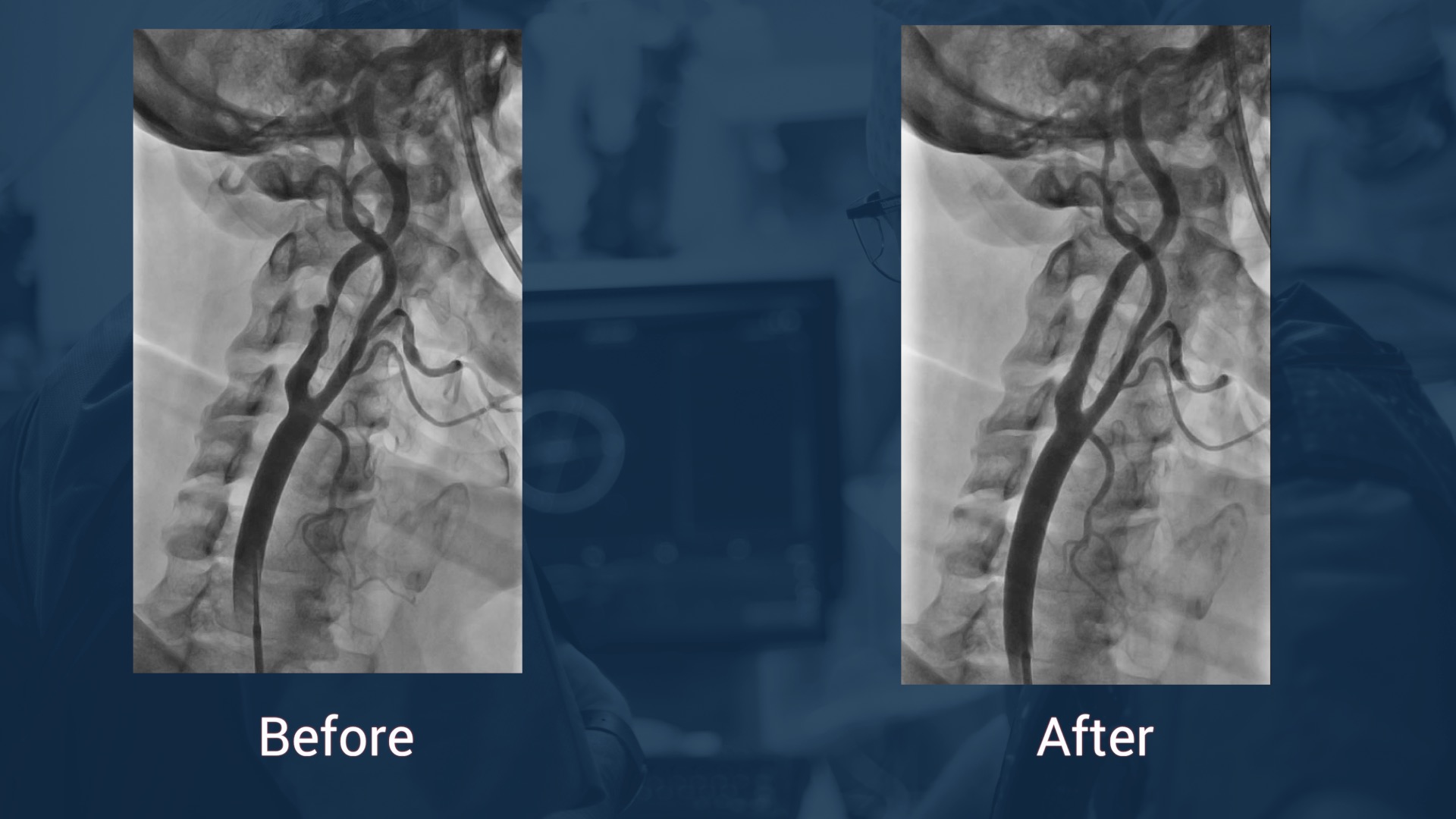
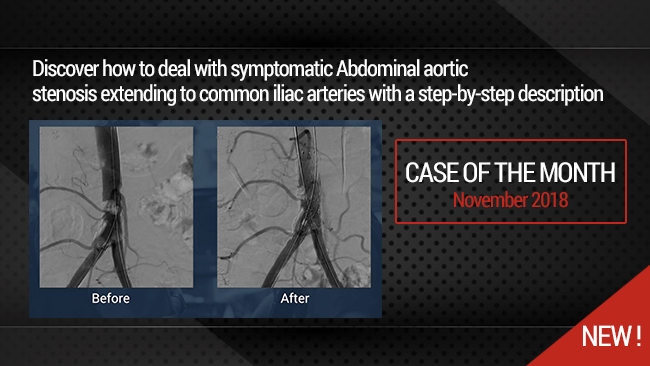
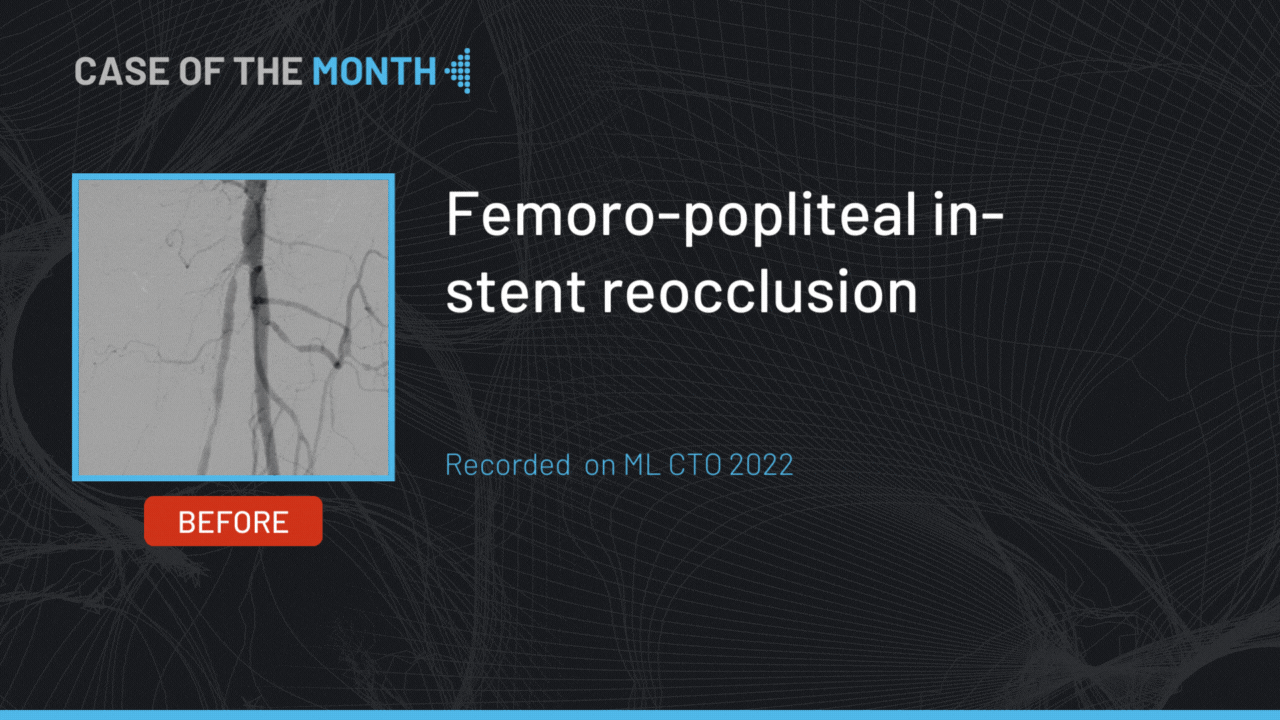
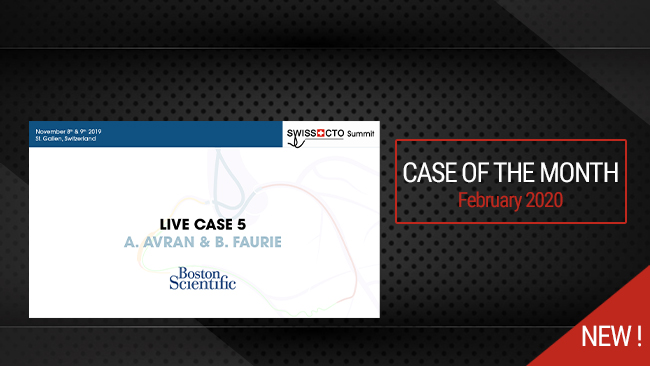
Endres J. To push the amplatz guidwire into the carotid bifurcation is a hazardous maneuver!
aksüyek A. is triple therapy routine in your practice?
Milan M. Its a 50% Stenosis!